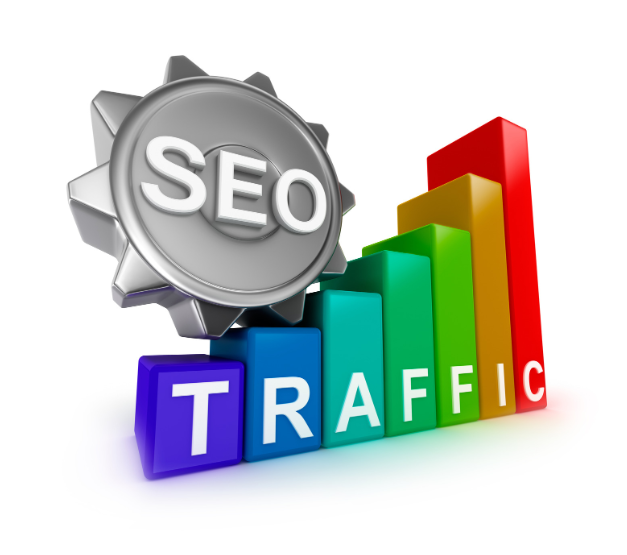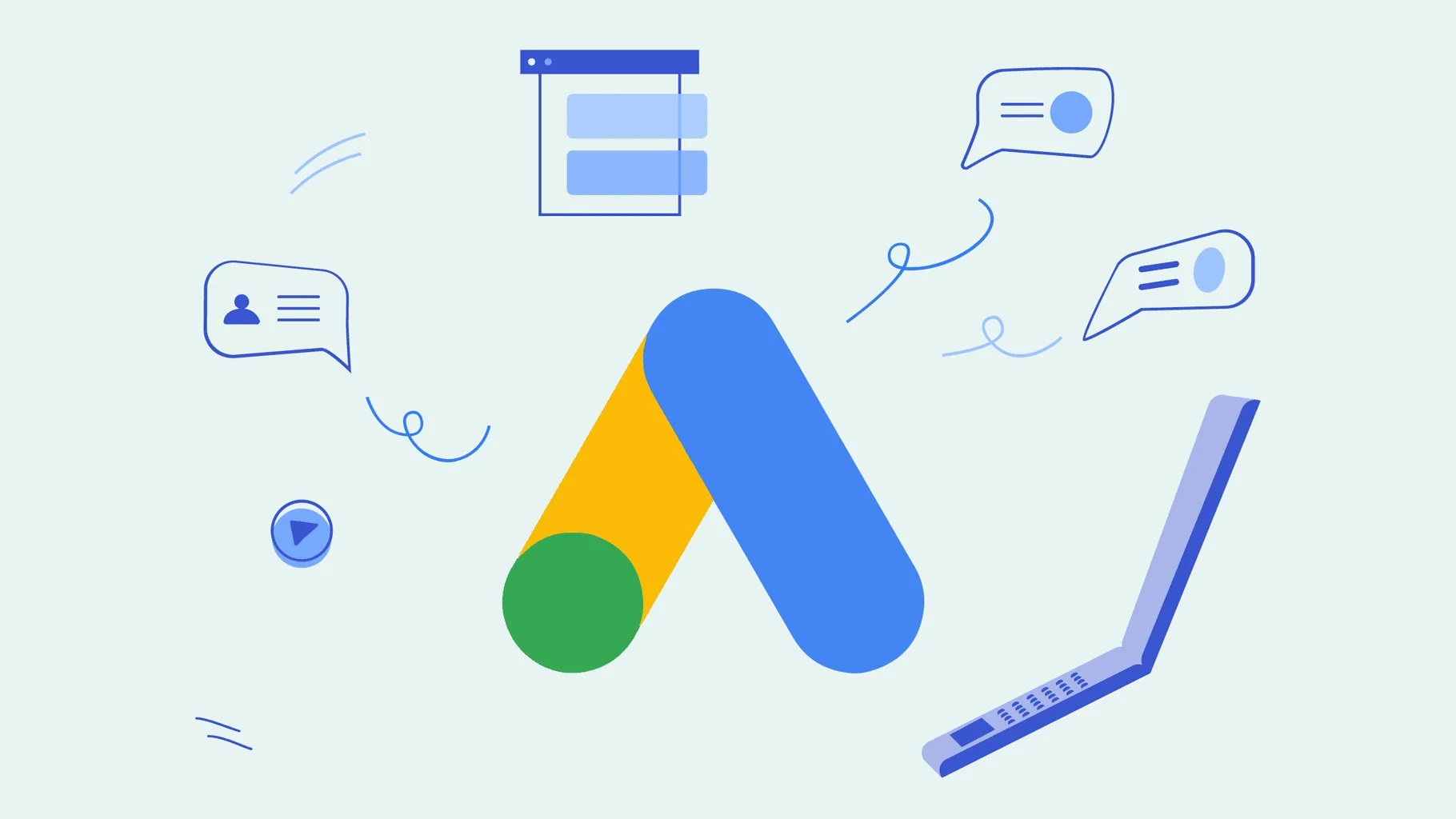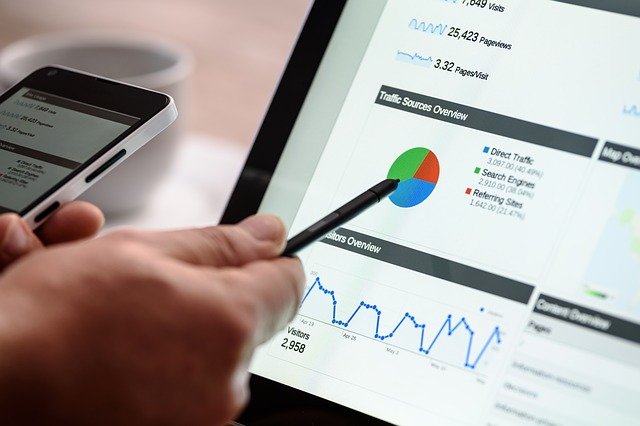In today’s digital landscape, Google Search Ads have become a cornerstone of online marketing strategies. As businesses strive to reach their target audiences effectively, the integration of artificial intelligence (AI) and machine learning has revolutionized the way we approach advertising campaigns. This comprehensive guide aims to delve into the intricacies of utilizing AI and machine learning in Google Search Ads campaigns, providing insights and strategies to maximize results.
Understanding AI and Machine Learning in Google Search Ads
AI and machine learning are driving forces behind Google’s advertising platform, facilitating smarter and more efficient campaign management. AI algorithms analyze vast amounts of data to optimize various aspects of ad campaigns, from keyword targeting to bid management.
Keyword Research and Selection
Effective keyword research lays the foundation for successful ad campaigns. AI-powered tools such as Google Keyword Planner and SEMrush utilize machine learning to identify relevant keywords and uncover valuable insights into search trends, competition, and user behavior. By leveraging AI-driven keyword research, advertisers can refine their targeting strategies and enhance ad relevance.
Ad Copywriting and Optimization
Compelling ad copy plays a pivotal role in capturing the attention of potential customers and driving conversions. AI-powered tools like Google’s Responsive Search Ads automatically generate and test multiple ad variations, optimizing for the best-performing combinations. Through continuous testing and refinement, advertisers can fine-tune their ad copy to maximize click-through rates (CTR) and conversion rates.
Bid Management and Budget Allocation
Optimizing bids and budget allocation is essential for achieving optimal campaign performance while maximizing return on investment (ROI). AI-driven bidding strategies, such as Google’s Smart Bidding, leverage machine learning to adjust bids in real-time based on various factors, including device, location, and user intent. By entrusting bid management to AI algorithms, advertisers can achieve better ad placements and improved cost-efficiency.
Audience Targeting and Personalization
AI-driven audience targeting enables advertisers to deliver highly personalized ad experiences tailored to individual preferences and behaviors. With tools like Google Ads’ Audience Targeting and Customer Match, advertisers can segment their target audience based on demographics, interests, and online behaviors. By leveraging AI-driven audience insights, advertisers can refine their targeting strategies and deliver relevant ads to the right audience segments.
Performance Monitoring and Optimization
Continuous monitoring and optimization are crucial for maintaining campaign effectiveness and achieving long-term success. AI-powered analytics tools provide real-time insights into campaign performance metrics, allowing advertisers to identify trends, patterns, and areas for improvement. By analyzing AI-generated data, advertisers can make informed decisions and implement iterative optimization strategies to maximize ROI.
Future Trends and Considerations
As AI and machine learning continue to evolve, the future of Google Search Ads holds exciting possibilities. Emerging trends such as voice search, predictive modeling, and AI-driven creative optimization are poised to reshape the advertising landscape. To stay ahead, advertisers must embrace innovation and adapt their strategies to capitalize on these advancements.
Takeaway
Leveraging AI and machine learning in Google Search Ads campaigns offers unparalleled opportunities for advertisers to enhance targeting precision, optimize performance, and drive meaningful results. By harnessing the power of AI-driven tools and strategies, advertisers can unlock new levels of efficiency and effectiveness in their advertising efforts.
In brief, Google Search Ads are the catalyst for online growth. Join forces with Web Boost Online, the experts who turn digital dreams into reality, and position your business for triumph.











